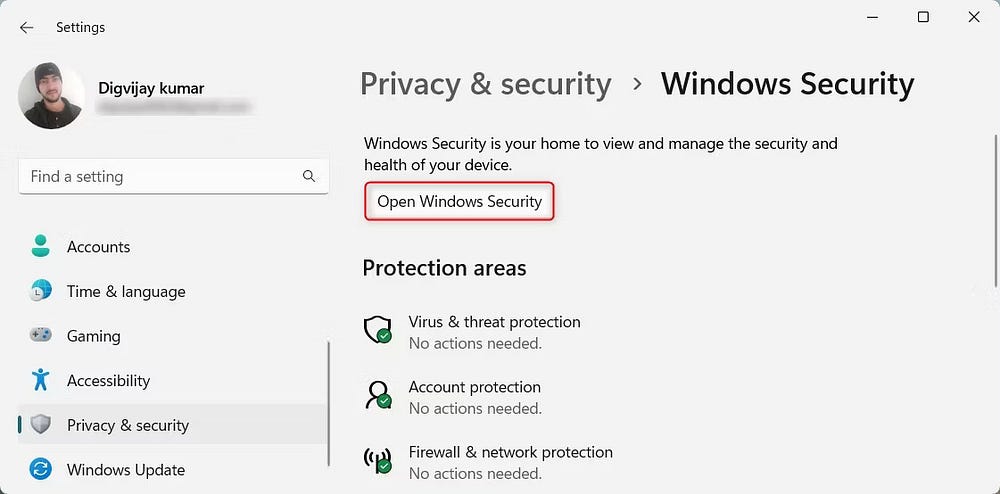

We’re sharing this research with the larger security community to emphasize the importance of collaboration in the effort to secure platforms and devices. In this blog post, we share some information about the relationship between SIP and entitlements, and we detail how the “Migraine” vulnerability could be exploited to bypass the SIP security enforcements. By focusing on system processes that are signed by Apple and have the .heritable entitlement, we found two child processes that could be tampered with to gain arbitrary code execution in a security context that bypasses SIP checks.

The technique uncovered in this blog post was discovered during routine malware hunting and is similar to the one used in the Shrootless vulnerability (CVE-2021-30892) that we published in 2021. Bypassing SIP could lead to serious consequences, such as increasing the potential for attackers and malware authors to successfully install rootkits, create persistent malware, and expand the attack surface for additional techniques and exploits.

SIP is a security technology in macOS that restricts a root user from performing operations that may compromise system integrity. A fix for this vulnerability, now identified as CVE-2023-32369, was included in the security updates released by Apple on May 18, 2023.

We shared these findings with Apple through Coordinated Vulnerability Disclosure (CVD) via Microsoft Security Vulnerability Research (MSVR). Microsoft Defender Vulnerability ManagementĪ new vulnerability, which we refer to as “Migraine” for its involvement with macOS migration, could allow an attacker with root access to automatically bypass System Integrity Protection (SIP) in macOS and perform arbitrary operations on a device.


 0 kommentar(er)
0 kommentar(er)
